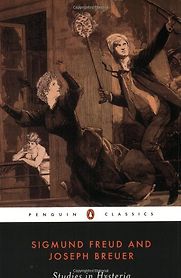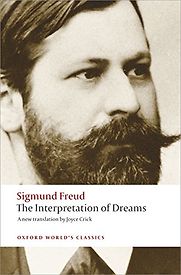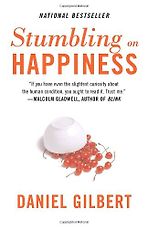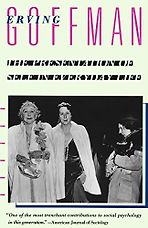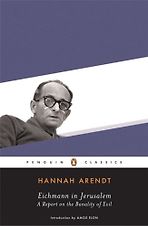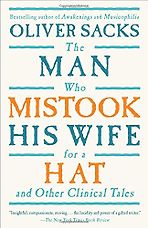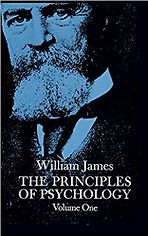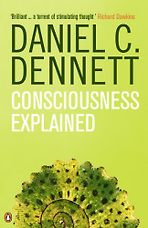Recommendations from our site
“He writes this paper on group or mass psychology after World War I. It was a time when many writers tried to come to terms with the industrialised mass slaughter and to think about what drove nationalism and militarism in the first place. For Freud, the Great War confirmed some of his own ideas about human destructiveness and repetition. It was viewed as evidence of the power of the irrational. A concern with human destructiveness and aggression and the constant propensity to the repetition of pathology was to be a central feature of his thought in the 1920s and 1930s.” Read more...
The best books on The Psychology of Nazism
Daniel Pick, Historian


